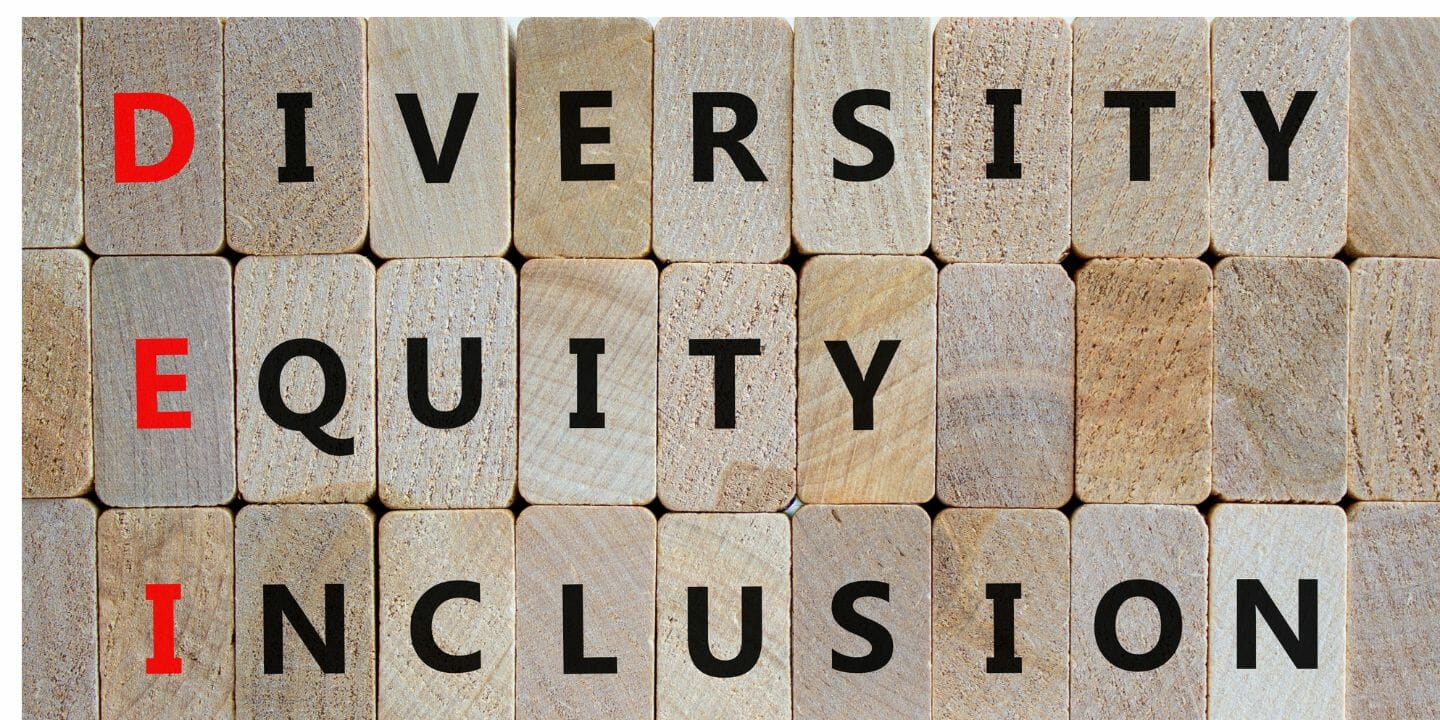An inaccessible website means your business is leaving profits on the table. Here’s how.
Website accessibility aims to provide equal access to all sites on the internet to all—despite any mental or physical disabilities. Companies have the social responsibility to ensure that their websites are designed and developed so that people with disabilities can use them just as those who are fully able can.
Yet not every business has caught up with the times. And beyond the ethical and moral reasons, having an inaccessible website is costing companies everywhere. As a result, these businesses are leaving huge profits on the table.
The costs of ignoring web accessibility are huge for businesses. Let’s break them down.
Inaccessible Sites Drive Away Potential Customers
Many businesses spend money on designing a visually appealing website, taking beautiful photographs, and creating compelling marketing campaigns, in the hopes of converting web traffic into paying customers. However, all that goes out the window when 25% of consumers are unable to interact with your website and content.
Your business automatically excludes a significant portion of the population when your website isn’t accessible. Those living with disabilities make up a significant portion of all potential customers. 1 in 4 adults in the U.S. alone (61 million people) have some type of disability. On a global scale, there are more than 1 billion people worldwide living with a recognized disability and account for a spending power of $6 trillion.
And this population segment is growing, especially in countries with a life expectancy over 70 years. As it stands, 2 in 5 Americans aged 65 and older currently live with a disability. As the population ages and healthcare advances, many more (who currently don’t identify as a “person with a disability”) will acquire a disability of some kind (perhaps short term memory loss, reduced vision, etc.)

The reality is that those unable to engage with your website are going to turn to a competitor who caters to their needs. And when they leave you, they’re not coming back. You have missed your shot to convert a quality lead into a long-time customer.
If it sounds simple – that’s because it is simple. Companies are missing out on billions in revenue each year by driving away potential customers with disabilities who are left unable to access their websites and purchase their goods and services.
On the other hand, businesses who invest in accessibility make their website available to the greatest number of customers possible.
Retention and Loyalty
Delighting website visitors with a great experience is a sure-fire way to build brand loyalty and turn them (and their families, friends and peer group!) into repeat customers. This is because loyal customers tend to trust in the quality of service they will receive after they’ve had a positive website experience. And they’re willing to spend more.

Web accessibility is centered around providing an inclusive and welcoming experience for all your customers. In the same way a business would accommodate a customer in a wheelchair at a physical location, taking care of your customers’ digital needs is equally important.
In the modern era, the customer experience begins online from the moment they interact with your website.
Ignoring Website Accessibility Damages Brand Reputation
Brand reputation and recognition are vital for the success and growth of your business.
Not only do inaccessible websites drive away customers and revenue, but they also affect how your business is perceived in the public eye.
We live in an era of conscientious consumerism. Customers care about the social stances that companies take on important issues—and often decide where to shop and visit based on these positions.
An accessible website is no longer seen as a “nice-to-have” luxury for businesses. It is legally mandated. Lawsuits against websites that are not accessible are increasing exponentially month after month. Getting sued is not a good look for any business. By prioritizing web accessibility, you can turn a potential public relations nightmares into a competitive advantage.
How Can Web Accessibility Benefit You?
Not only is accessibility the obvious choice from an ethical and moral standpoint, it also makes sense for your bottom line.
It boils down to creating an inclusive environment for all your customers or clients. It has several business benefits—but how do you get started?
Accessible websites need to be built according to specific guidelines by certified technicians. At Access Design Studio, we’re the leading expert in creating accessible websites.
Get in touch for a FREE accessibility assessment of your website today.














